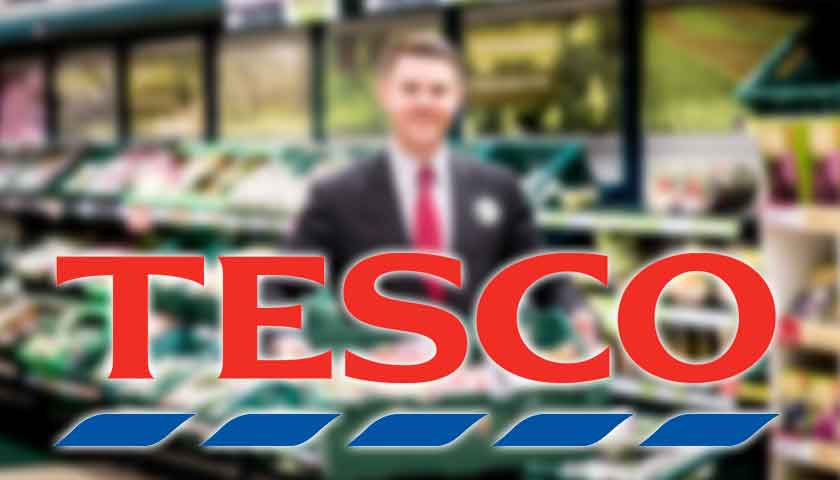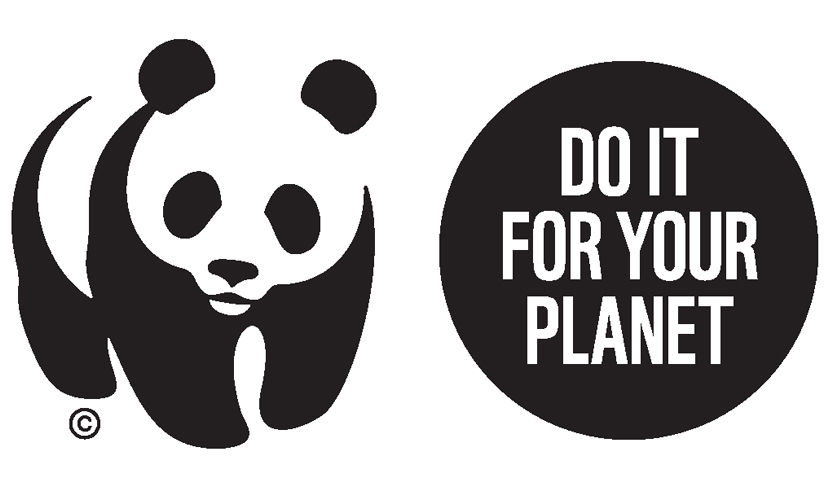The five winners of WWF and Tesco’s 2022 Innovation Connections Programme recently shared their remarkable progress after being given the opportunity to work with leading Tesco suppliers, helping to accelerate research and better understand opportunities – and challenges – to scale in a commercial setting.
Each innovator shared key outcomes secured through the programme, supporting their development, including being able to work with a major commercial supplier to trial their products.
Globally, agriculture and land use are responsible for almost 60% of biodiversity loss and 30% of greenhouse gas emissions – making it one of the biggest threats to our environment. Given these impacts of food production, it’s acknowledged that widespread, scalable innovation will be needed to cut costs and carbon in the supply chain, protect food security and stimulate green growth.
The Innovation Connections Programme is one of several initiatives set up by Tesco, in partnership with WWF, to help foster food system innovation.
The five winning projects set out their progress at an industry event earlier today, providing feedback and learnings to representatives from across the food industry: AgriSound tested its ‘Polly’ AI devices that listen out for key pollinator species across three Spanish citrus farms and four UK apple orchards to quantify the benefits of insect biodiversity in different farming systems. As a result, AM Fresh, a major fresh fruit producer which worked with AgriSound on the project, has now committed to extending bee-friendly certification across all its Spanish citrus production sites, and continues to work with AgriSound to explore the relationship between pollinator numbers and regenerative agriculture. They also plan to use the technology to measure Med Fruit Fly thresholds to reduce pesticide applications.
Over the past 10 months, CCm Technologies and Andermatt have collaborated with Branston on a major trial of novel low carbon fertilisers. Focused on potatoes, new approaches to fertilising the potato crop have been investigated and benefits to both the environment and carbon footprint have been demonstrated. The Farm Carbon Toolkit has supported this project through conducting carbon footprinting analysis of the products and associated systems to understand further the emissions dynamics associated with this approach. Building on this trial. Tesco has embarked on its own extensive trial of a range of low carbon fertiliser products, including CCM, as a key part of its effort to reduce emissions in line with key climate targets.
Working with RBO Organic, Farm Carbon Toolkit has increased its functionality to support aggregated reporting of farm carbon data at a supplier level, supporting better tracking of Scope 3 emissions through the food supply chain including developing a version of the tool to enable reporting from producers outside of the UK. RBO Organic and Farm Carbon Toolkit aim to continue to work together into 2024 to track the businesses’ carbon footprint year on year.
Chirrup.ai deployed it’s AI enabled devices – which listen out for and identify bird song – at thirty sites on fifteen farms across the UK and Northern Ireland. The results showcased the variety of bird life, with an average of 34 species, ranging up to 48 species on the most biodiverse farm. Fourteen threatened species, including skylarks and yellowhammers were also reported. Chirrup’s program is establishing baseline data to support multi-farm benchmarking and future tracking of birds as an indicator of wider biodiversity on farms.
Future by Insects achieved proof of concept for a circular feed system utilising microalgae and insects to produce a more protein rich feed ingredient compared to conventional soymeal. At scale the production of insect meal by this process has the potential to become carbon negative. The project demonstrated the ability to recover valuable resources from food waste and to create a sustainable and locally produced protein for the UK’s feed industry. Having worked with Hilton Foods, Greencore and Fera Science, the team are now seeking opportunities to scale production in the UK.
Alice Ritchie, Lead Nature and Forests Manager at Tesco, said: “Innovations like these are critically important when it comes to building a more resilient, sustainable and productive food system. As these results show, they have huge potential to cut greenhouse gas emissions, enhance soil health and water quality, and provide a clearer picture when it comes to monitoring biodiversity in our supply chains.
“We’re really pleased a number of the winners are now progressing their plans with our suppliers, as well as sharing learnings with the wider industry along the way.”
Kate Norgrove, Executive Director of Advocacy and Campaigns at WWF, said: “When it comes to putting our food system on a sustainable footing, we need to embrace innovation, particularly where it can help accelerate progress towards key climate and nature goals.
“We are proud of our work through the WWF Tesco partnership to support and showcase these promising sustainability-focused innovations, and we look forward to hearing how they progress as they continue to develop their products beyond the Innovation Connections Programme.”
Casey Woodward, Founder and CEO of AgriSound said: “Whilst it is early days for the project, the results collected by the devices across the AM Fresh sites have provided valuable data on the role of different farming systems and their impact on pollinator numbers. I am delighted to continue working with AM Fresh to monitor pollinator levels and look forward to sharing more results in due course.”
Conrad Young, Founder and CEO of Chirrup.ai said: “It’s been invaluable to work with Hilton, Tesco and WWF to prove that Chirrup delivers at scale. The AI’s ability to recognise species grows with each new set of audio data. And even with a relatively small group of farms, we can start analysing patterns, for example, how different farm management techniques support a variety of pest-controlling species. We’re keen to expand our efforts further, allowing us to gain more insights from thriving farms that support biodiversity. Of particular interest are farms, like the most biodiverse one in our initial group, which are conventionally managed and may not fully realize the value of their natural assets.”
Evelyn Peters, Chief Executive Officer of Future By Insects, said: “The ability to put evidence behind our concept and validate our vision has been instrumental to us as a young start-up. Having the backing of the Tesco/WWF program and well reputed project partners has established our credibility, opened many doors of opportunity and provided a launchpad for the next stage of our business development.”
Lizzy Parker, Calculator Manager at Farm Carbon Toolkit, said: “The Innovations Connections funding has enabled us to engage with RB Organic and really shift the tool to a place that can integrate their whole supply chain, as well as making it easier for them to share insights with their customers. Working closely with RB Organic and Tesco has ensured the tool is relevant to growers, processors and retailers and we continue to enhance the features we have developed through continued feedback. The funding has also allowed us to demonstrate the features of the tool to other supply chains so that we are now supporting more businesses to understand and support their growers’ journey towards net zero.”
Pawel Kisielewski, Chief Executive Officer at CCm Technologies, said: “Moving to a more sustainable world involves creating collaborations that view waste differently. Working with Tesco and Branston at commercial scale demonstrates the ability to give waste a second lease of life as valuable low-carbon sustainable fertiliser. This benefits farmer, customer and planet,”
David Nelson, Agronomy Director at Branston – the supplier working with CCm Technologies, Andermatt and FCT on low carbon fertilisers – said: “Low carbon fertilisers offer enormous potential to slash the emissions of potato growing; this project enabled Branston to bring together exciting innovations in low carbon fertiliser supply and verify at a field scale for the first time. Given these positive results, Branston have the confidence to recommend a rapid expansion of the use of these products across its potato supply base.”

